ERP stands for Enterprise Resource Planning. It is a software system that integrates and manages various business processes, such as finance, inventory, sales, manufacturing, human resources, and more, into a centralized system.
Businesses need ERP to streamline operations, improve efficiency, enhance data accuracy, enable better decision-making, and foster collaboration among different departments. It provides a holistic view of the organization, helping businesses achieve their goals effectively.
ERP benefits businesses by automating processes, reducing manual efforts, improving data accuracy, enhancing communication and collaboration, providing real-time insights, enabling better resource management, and supporting growth and scalability.
No, ERP is not limited to large enterprises. It can benefit businesses of all sizes, including small and medium-sized enterprises (SMEs). There are ERP solutions tailored specifically for SMEs, offering affordable and scalable options.
The implementation time for an ERP system can vary depending on factors such as the size of the organization, complexity of business processes, level of customization required, and the specific ERP solution chosen. It typically ranges from several months to a year or more.
ERP systems can be both on-premises or cloud-based. Cloud-based ERP is becoming increasingly popular due to its flexibility, scalability, accessibility from anywhere, and reduced infrastructure costs. However, on-premises solutions are still available for businesses with specific needs or regulatory requirements.
Yes, ERP systems can be integrated with other business applications such as CRM (Customer Relationship Management), e-commerce platforms, HR management software, and more. Integration ensures seamless data flow, eliminates data silos, and enhances overall business efficiency.
ERP vendors prioritize data security and implement measures to protect sensitive information. These measures may include data encryption, user access controls, regular backups, and compliance with industry standards like GDPR (General Data Protection Regulation).
Yes, ERP systems can be customized to fit specific business needs. Customization can involve adapting workflows, configuring modules, adding or modifying features, and integrating industry-specific functionalities to align the ERP system with the unique requirements of a business.
The cost of an ERP system depends on various factors, such as the complexity of the organization's processes, the number of users, required features and modules, level of customization, and the chosen ERP vendor. Costs typically include software licensing, implementation services, training, and ongoing support. It is important to consult with ERP vendors to obtain accurate pricing based on specific business requirements.



